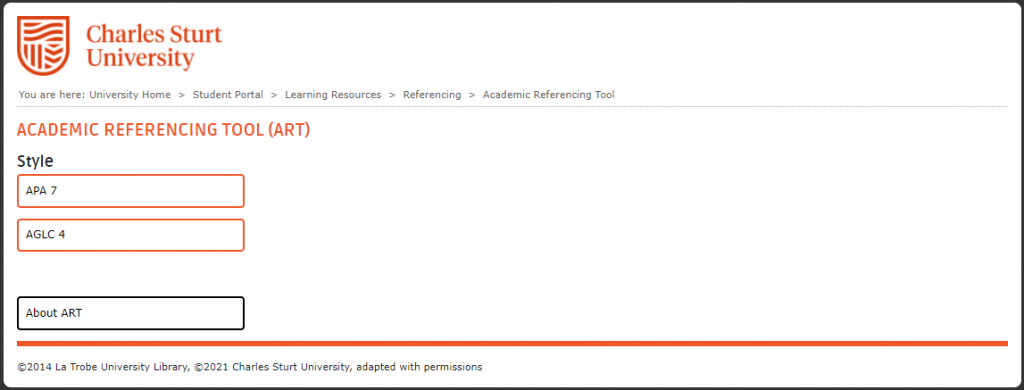This post is over three years old, the information may be outdated.
Learning how to reference correctly is a key part of any student’s study journey.
Referencing is how you give credit to the original owner of an idea, piece of writing or creative work. By referencing your work correctly, you’ll save time, avoid plagiarism, and avoid losing marks in assignments. But what’s the correct way to reference?
Here’s a quick guide to help you on your way.
What do I need to reference?
You need to reference all sources referred to, whether it be written or verbal, in any of your university learning activities (including assessments). It doesn’t matter if you’ve taken exact words from your source or if you’ve used your own words to express their ideas, you must acknowledge their work by referencing.
Why do I need to reference?
Referencing allows others, including your markers, to locate the correct source and acknowledge that you are using another person’s information correctly. If you don’t reference your sources, it’s classified as plagiarism and could result in disciplinary action.
How do I do it?
Referencing has two essential elements:
- Citing referencing ‘in text’
- The list of references at the end of your work.
Charles Sturt’s referencing web page has a great suite of resources that explain referencing styles, direct quotations, paraphrasing and reference lists. There you’ll also find the popular Academic Referencing Tool (ART), which makes referencing a breeze.

How can I get help?
If you’ve read through the guides on the referencing web page and you still need help, Charles Sturt’s Academic Skills Advisers are ready to assist. They host regular, free workshops packed with useful information and handy tips. The Academic Skills Advisers are also available for one-on-one appointments.
You can also post questions on the ‘Ask an Academic Skills Adviser’ forum, found on the Study Success tab of Interact2. This forum is moderated every day including weekends, so you can expect a quick response.
Top tips:
- Reference every source you use in your work.
- Every source in your reference list must also appear in your assessment and be referenced in text.
- Check your punctuation – simple mistakes may lose you marks.
- The list of references needs to be inserted on a new page, at the end of your assessment.
- Check your subject outline for any extra specifications required.
- Reach out if you need help.










